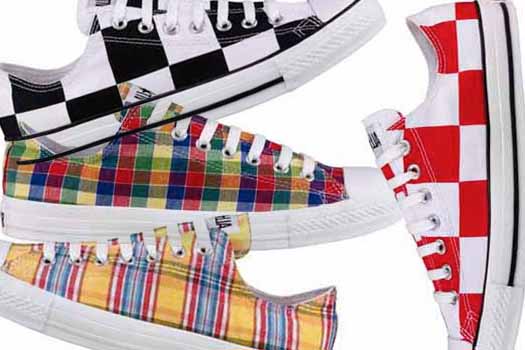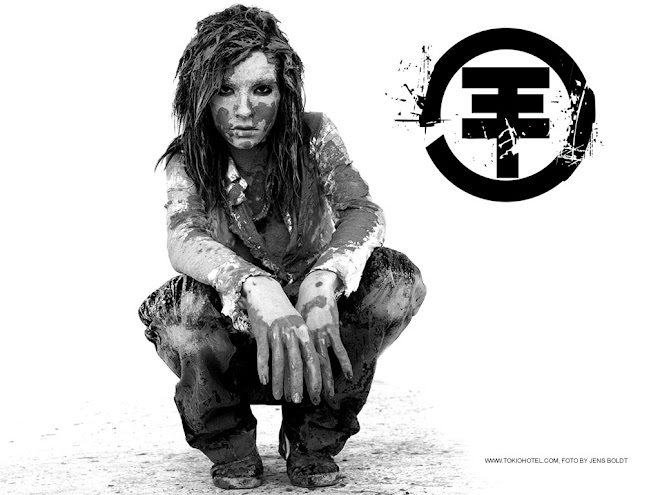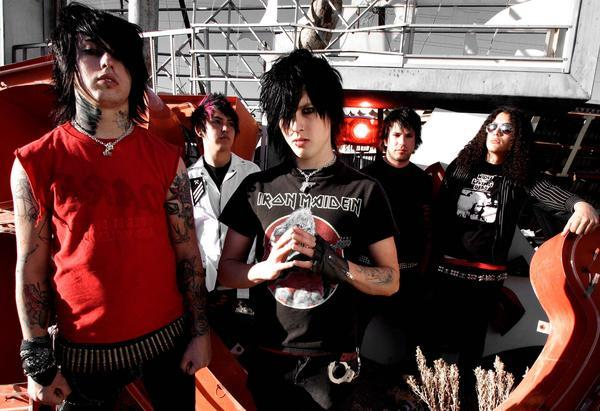 Experts wonder who will take on the costs of caring for the increasing number of unwanted animals if a proposed federal ban on slaughtering and export for human consumption passes.
Experts wonder who will take on the costs of caring for the increasing number of unwanted animals if a proposed federal ban on slaughtering and export for human consumption passes.Former Rep. Charles Stenholm of Texas said Friday that the consequences of a proposed federal ban on processing horses for people to eat would further exacerbate an existing economic problem for the growing number of unwanted horses.
"When a horse is unwanted, something has to happen to that horse," Stenholm said during a talk at the Kansas Livestock Association's convention at the Hyatt Regency Wichita. "We don't believe it should be used for human consumption, and we've made that clear.
"But it's private property. No one should tell you what you should do with a horse except to treat it humanely."
In 2006, the year before state laws in Texas and Illinois closed down the nation's final three facilities that slaughtered horses for human consumption, there was a $65 million export market for horse meat, according to the U.S. Department of Commerce.
Now it has dried up to almost nothing.
Horses are now largely taken to slaughterhouses in Mexico or Canada. Horse meat is consumed by humans in countries such as France, Belgium and Japan. Part of the proposed federal legislation would ban transportation of horses to the Mexican and Canadian slaughterhouses.
But Stenholm said the economic fallout has gone beyond the loss of the export market.
He said there are more than 125,000 unwanted horses in the United States. Another 33,000 wild horses roam federal land in 10 Western states and have drained the Bureau of Land Management's budget, he added.
"There's a cost to this," Stenholm said after speaking to an audience of about 350. "There's going to have to be money appropriated from states and Congress to deal with unwanted horses.
"What do you do with them when one turns up on the country road and you're the sheriff? Who pays for the feed? Some people are just letting their horses starve."
Stenholm, who spent 26 years in Congress and is now a consultant for various agricultural groups, said it can cost $200 to $2,000 to have a horse euthanized and disposed. In Wichita, the price is closer to $170.
Jason Kaiser, a Wichita veterinarian, said his Equine Surgery and Medicine clinic charges $40 to euthanize and an additional $40 for a trip charge.
Darling International, the only renderer in the Wichita area, charges $87 to haul off a horse. The two solid-waste transfer stations in Sedgwick County said they don't accept dead horses.
Kaiser confirmed Stenholm's concern about increased abandonment of horses.
"It's been a lot more in the last year, especially with hay prices up and the economy bad," he said.
Kaiser said often people will turn horses loose near Hope in the Valley Equine Rescue and Sanctuary, a nonprofit organization north of Wichita.
"Then animal control has to feed them and find what to do with them," Kaiser said. "No one wants them.
"The horse market is down. Cheap horses are free. There have been (livestock) sales where you just hope someone puts their hand to take the horse for free."
He said he believes the cause of the situation is the lack of slaughterhouses.
"There's a base value for a horse if there is a slaughter," he said. "It would be more humane than to let them starve to death."
Ted Schroeder, a livestock marketing economist at Kansas State University, said the situation is an animal welfare "nightmare."
"It's an emotional issue," he said. "It's hard to be for slaughtering horses. How do policymakers sell that?"
But Stenholm said it's an issue that must be tackled.
He said horse slaughter facilities may start to spring up on Indian reservations. He said he knew of one with definite plans.
"This can't be ignored," Stenholm said. "These are issues that need to be resolved in a less emotional way."
"When a horse is unwanted, something has to happen to that horse," Stenholm said during a talk at the Kansas Livestock Association's convention at the Hyatt Regency Wichita. "We don't believe it should be used for human consumption, and we've made that clear.
"But it's private property. No one should tell you what you should do with a horse except to treat it humanely."
In 2006, the year before state laws in Texas and Illinois closed down the nation's final three facilities that slaughtered horses for human consumption, there was a $65 million export market for horse meat, according to the U.S. Department of Commerce.
Now it has dried up to almost nothing.
Horses are now largely taken to slaughterhouses in Mexico or Canada. Horse meat is consumed by humans in countries such as France, Belgium and Japan. Part of the proposed federal legislation would ban transportation of horses to the Mexican and Canadian slaughterhouses.
But Stenholm said the economic fallout has gone beyond the loss of the export market.
He said there are more than 125,000 unwanted horses in the United States. Another 33,000 wild horses roam federal land in 10 Western states and have drained the Bureau of Land Management's budget, he added.
"There's a cost to this," Stenholm said after speaking to an audience of about 350. "There's going to have to be money appropriated from states and Congress to deal with unwanted horses.
"What do you do with them when one turns up on the country road and you're the sheriff? Who pays for the feed? Some people are just letting their horses starve."
Stenholm, who spent 26 years in Congress and is now a consultant for various agricultural groups, said it can cost $200 to $2,000 to have a horse euthanized and disposed. In Wichita, the price is closer to $170.
Jason Kaiser, a Wichita veterinarian, said his Equine Surgery and Medicine clinic charges $40 to euthanize and an additional $40 for a trip charge.
Darling International, the only renderer in the Wichita area, charges $87 to haul off a horse. The two solid-waste transfer stations in Sedgwick County said they don't accept dead horses.
Kaiser confirmed Stenholm's concern about increased abandonment of horses.
"It's been a lot more in the last year, especially with hay prices up and the economy bad," he said.
Kaiser said often people will turn horses loose near Hope in the Valley Equine Rescue and Sanctuary, a nonprofit organization north of Wichita.
"Then animal control has to feed them and find what to do with them," Kaiser said. "No one wants them.
"The horse market is down. Cheap horses are free. There have been (livestock) sales where you just hope someone puts their hand to take the horse for free."
He said he believes the cause of the situation is the lack of slaughterhouses.
"There's a base value for a horse if there is a slaughter," he said. "It would be more humane than to let them starve to death."
Ted Schroeder, a livestock marketing economist at Kansas State University, said the situation is an animal welfare "nightmare."
"It's an emotional issue," he said. "It's hard to be for slaughtering horses. How do policymakers sell that?"
But Stenholm said it's an issue that must be tackled.
He said horse slaughter facilities may start to spring up on Indian reservations. He said he knew of one with definite plans.
"This can't be ignored," Stenholm said. "These are issues that need to be resolved in a less emotional way."
My take:
I don't see why the horse slaughterhouses are so bad. I mean, really. If there are so many unwanted horses, and there are people who would eat their meat, then why not kill them? In our society we already slaughter cows and pigs. So what difference does a horse make? A lot of people would tell me I'm sick and cruel. But if you think that, then you need to stop being so narrow minded. There are more societies than our own. And they all have their own rules and customs. So you have to think about the rest of the world, and not just your own little one.
There are postitve effects of having horse slaughterhouses. They help to remove unwanted horses. Why should a horse be left out to starve if its owner doesn't want it anymore? Why not just kill the animal? It may seem cruel, but it keeps the horse from suffering. It's like when a race horse is killed after it breaks a leg and can't run anymore. If the horse is no longer wanted, then why keep the thing around? It's just a waste. Plus, there are people who eat horse meat. So by killing the horses, there is food that is now provided to people. And why would you want to cut off someone's food supply? I just think that in general, it would be a better idea to kill the horse if it's unwanted so that someone else can enjoy it.
The negatives of the slaughterhouses are very few in my opinion. The only con i can think of is that too many people may abuse the use of the slaughterhouse and kill too many horses. Of course if this happens, the horse population in North America will severely drop and that would be a bad thing. But honestly, I can't really think of any other bad things about slaughterhouses. It all goes back to what I said before, the only reason why americans look at slaughtering horses as being bad is because we don't typically eat horses. It's all based on society. I'm certain there's someone in Asia who thinks Why do those american mother fuckers eat those poor cows? We think nothing of it because our society finds the slaughter of cattle to be perfectly normal and humane. It's like here there are people who think How can those crazy japanese bastards eat a poor horse? Obviously in their society, it's acceptable. So we should accept that our customs aren't the only ones for the world. There are many differences in customs around the world and people need to recognize it.
To get back to my main point, if a horse is unwanted, then why not just kill it?
One man's trash is another man's treasure, right?
So our trash, the horse, may mean something else to someone in another part of the world.
So why not just kill it?
It keeps the animal from starving and it also feeds other people.
So it's like a win-win situation.


































